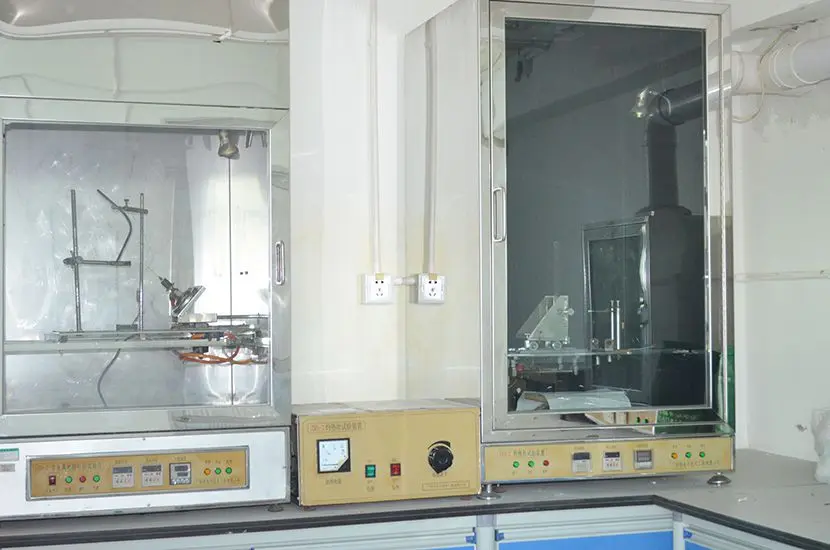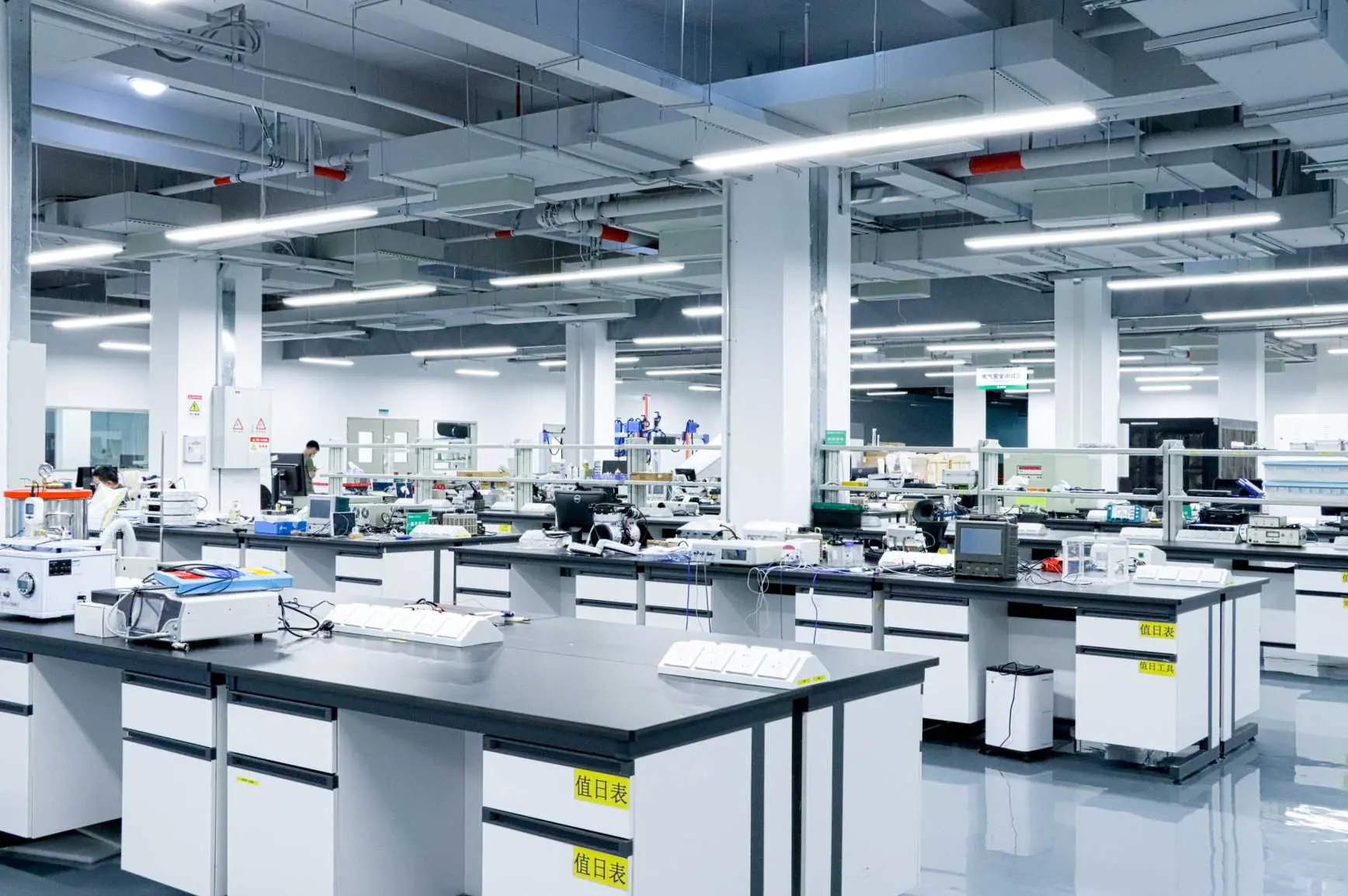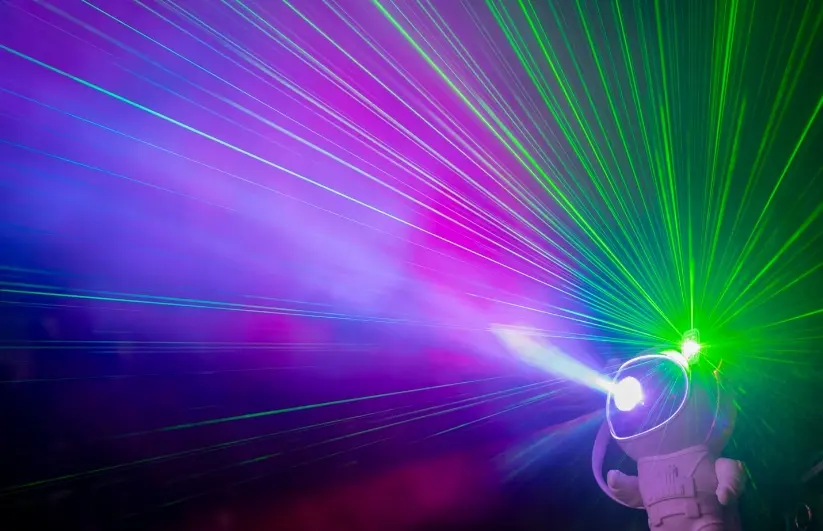
Lithium Battery IEC EN 62133 Testing Requirements
Lithium battery refers to a type of battery that contains lithium in its electrochemical system, including metallic lithium, lithium alloys, lithium ions, and lithium polymers. Lithium batteries can generally be divided into two categories: lithium metal batteries and lithium-ion batteries. Lithium metal batteries are typically non-rechargeable and contain metallic lithium. Lithium-ion batteries do not contain metallic lithium and are rechargeable.
IEC 62133-2 is the most widely used safety standard for lithium batteries globally. This standard primarily addresses the safety requirements for single-cell batteries, battery packs with alkaline or non-acidic electrolytes, and portable sealed single-cell batteries and battery packs. The latest version, IEC 62133-2:2017, was released by the IECEE (International Electrotechnical Commission) in February 2017 and was adopted by CENELEC as a harmonized EU standard in May 2017.
In the EU's CE certification system, Annex M (Equipment Contains Batteries and their Protection Circuits) in the harmonized safety standard EN 62368-2 explicitly mentions the EN 62133-2 requirements for secondary batteries.
Thus, when applying for CE certification for consumer electronics containing lithium batteries, the lithium battery must meet the IEC 62133 standard requirements. This usually means that the applicant needs to provide the IEC 62133 Test Report for the lithium battery.
Main Testing Items of IEC/EN 62133-2:
1. Continuous Charging Test: Specifies that this 7-day charging test is conducted at the standard charging voltage.
2. Enclosure Stress Test: Applies only to batteries with molded enclosures.
3. External Short Circuit Test for Cells: The ambient temperature has been changed from the original 20+/-5°C to 55+/-5°C, making it more stringent.
4. External Short Circuit Test for Battery Packs: The ambient temperature has been changed from the original 55+/-5°C to 20+/-5°C, making it more relaxed, and introduces the concept of critical component certification and functional safety assessment.
5. Drop Test: Adds the option of a metal surface for the drop test.
6. Thermal Abuse Test: Requires maintaining the maximum temperature for a uniform period of 30 minutes.
7. Crush Test: Requires more precise force limits and removes deformation as a test termination condition.
8. Overcharge Test for Battery Packs: Specifies 1.4 times the charging voltage for single-cell battery packs (but ≤6V) and 1.2 times the charging voltage for multi-cell battery packs in series, which is more relaxed than the previous version.
9. Forced Discharge Test: Adds requirements for discharge voltage and reference test time based on the discharge curve.
10. Mechanical Test: Includes vibration and acceleration shock and removes the previous reference to transport standards IEC 62281 and UN 38.3.
Marking Requirements
IEC/EN 62133-2 specifies marking requirements in Section 9, which must include the following seven pieces of information on a compliant label:
1. Secondary (rechargeable) Li or Li-ion;
2. Battery or cell designation;
3. Polarity;
4. Date of manufacture (which may be in code);
5. Name or identification of manufacturer or supplier;
6. Rated capacity;
7. Nominal voltage.
Important Notes
EN 62133-2 is the safety standard for lithium batteries, while EN 62133-1 is the safety standard for nickel batteries.
Email:hello@jjrlab.com
Write your message here and send it to us
 Most Reliable Medical Device Test Lab
Most Reliable Medical Device Test Lab
 How to Obtain a Cosmetic Product Safety Report
How to Obtain a Cosmetic Product Safety Report
 US and EU Cosmetics Compliance
US and EU Cosmetics Compliance
 How to Obtain SDS Sheets Certification
How to Obtain SDS Sheets Certification
 Personal Care Products MSDS
Personal Care Products MSDS
 Approval for UL 1727 Introduction
Approval for UL 1727 Introduction
 Candle Label Requirements United States
Candle Label Requirements United States
 Laser Product Qualification Consultants
Laser Product Qualification Consultants
Leave us a message
24-hour online customer service at any time to respond, so that you worry!




